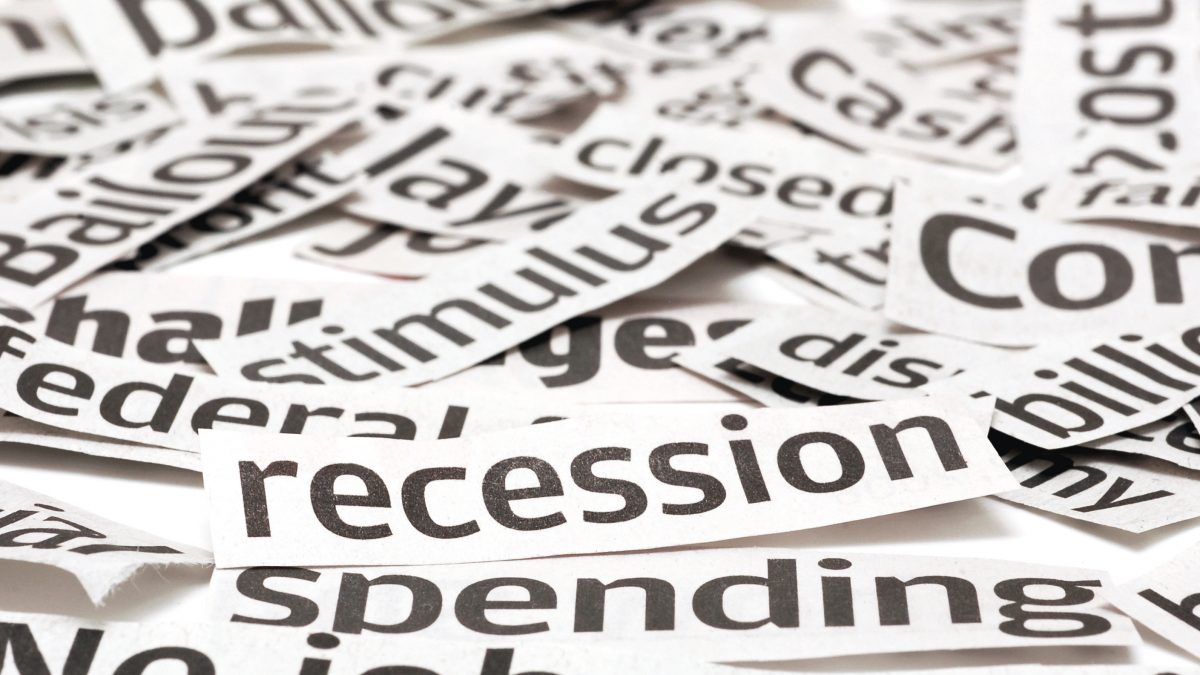
Stop Comparing Yourself
December 21, 2018
Buying In a Downturn Market
January 29, 2019They happen…market downturns are one of the events you’ll encounter.
For the still cautious, newer real estate investor, or the more experienced one who is feeling like he or she is out of options during a slow market, I have some ideas to share.
During a market downturn, at least in the short term, I look to find properties that I can hold in my portfolio and that cashflow reasonably well. I find that the opportunities to get properties to cashflow increases in a recession. (If you’re doing your buying right, that is.) A recession downturn typically has two things in its favor for the investor.
Number one.
Upward pressure on rents will happen, if you’re dealing with an overall recession. People are still moving into your community but not buying, which means that rental options are more inviting. I discussed this in my blog: “Should You Still be Buying in a Down Market? The Answer is Yes, and Here’s Why”.
Number two.
Motivated sellers are more common in a slower market. I look for sellers that don’t want their properties on the market for multiple weeks or months. Having to endure potential buyers coming through and disrupting their lives motivates them to be flexible on price. I seek out properties where folks have to sell and sell quickly, because of financial difficulty or an imminent move away from the area for a job change. Finally, I look for estate sales, of families that have been left with a house that no one wants to maintain during a downturn. All three of these groups of sellers are eager to sell their properties to move on with their lives. I want to capture as many of these as I possibly can at prices below market value, with equity built in at the time of purchase.
My intent for a property bought during a downturn is to maintain it within the portfolio and if the property warrants a secondary suite, I will do so to ensures it is at its highest and best use.
What not to do in a slower market.
I don’t suggest doing a property flip during a downturn, unless you feel you are at or near the bottom of the price drop and you have a substantial spread between purchase price and resale price. Be sure to factor in all of the necessary expenses to get the property back on the market. If the property hasn’t hit bottom, with a good sale price spread, you could find yourself in a position of trying to break even or in a deficit by the time you do renovations, pay a realtor, and cover closing costs.
Be sure to follow Warren Buffett’s rule number one: “Don’t lose money”.
During a slow or flattened real estate market, purchasing can be higher risk, especially for newer investors. But, hey, even I’ve been caught in that jam.
Here is another thing I would suggest not doing in a recession: rent-to-own. Again, if the property is pricing out at or near the bottom, by all means, go for it. Rent-to-own relies heavily on property appreciation over the duration of the agreement for the investor to earn money. If the market continues to tank, you can put both yourself and your tenant/buyer into a precarious position where the property won’t appraise as originally planned. Your choices would then be to continue to run it for a longer duration, terminate the contract, or require the tenant/buyer to cover the difference. For me, none of these options are ideal, particularly if they could have been avoided from the start.




